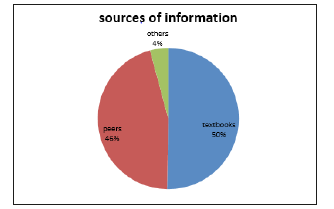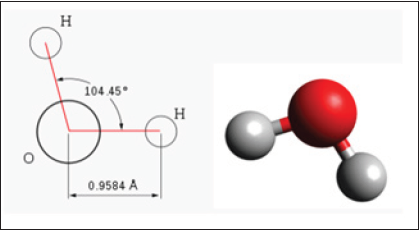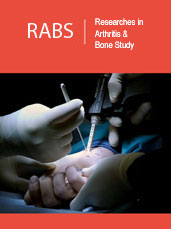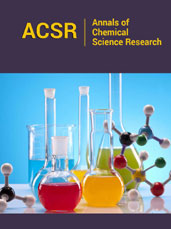Self‐Medication Patterns Among Medical Students in North India by Neelam Kotwal* in Developments in Clinical & Medical Pathology_ Journal of Medical Pathology

Abstract
Introduction:
Self‐medication results in wastage of resources, increases resistance of
pathogens and generally causes serious health hazards such as adverse drug
reactions, prolonged suffering and drug dependence.
Method:
A cross‐sectional descriptive study was conducted. The participants were
medical students from first to final year. The data was collected using a questionnaire.
The data was analyzed using SPSS version 2.0.
Result:
A total of 100 students, 61 (61.00%) male and 39 (39.00%) female, were included
in the study. Of the medical students surveyed, self‐medication was reported
among 88%. The most common ailments for which self‐medication were used were
the common cold and headache. The students consulted their textbooks and peers
for the medications. Antipyretics and analgesics were the most common self‐
medicated drugs.
Conclusion:
The prevalence of self‐medication
among medical students is high, facilitated by the easy availability of drugs
and information from textbooks or seniors. The potential problems of
self‐medication should be emphasized to the students.
Introduction
Self‐medication
can be defined as obtaining and consuming drugs without the advice of a
physician for diagnosis, prescription or surveillance of treatment [1-3]. Self‐medication differs from
self‐care in that it involves drugs that may do good or cause harm. [4] It has
been found that inappropriate self‐medication causes wastage of resources,
increases resistance of pathogens and generally causes serious health hazards
such as adverse drug reactions, prolonged suffering and drug dependence [4-7].
https://crimsonpublishers.com/dcmp/fulltext/DCMP.000524.php
Crimson
Publishers: https://crimsonpublishers.com/
For
more articles in Journal of
Nanotechnology,
Please
click on below link: https://crimsonpublishers.com/dcmp/






